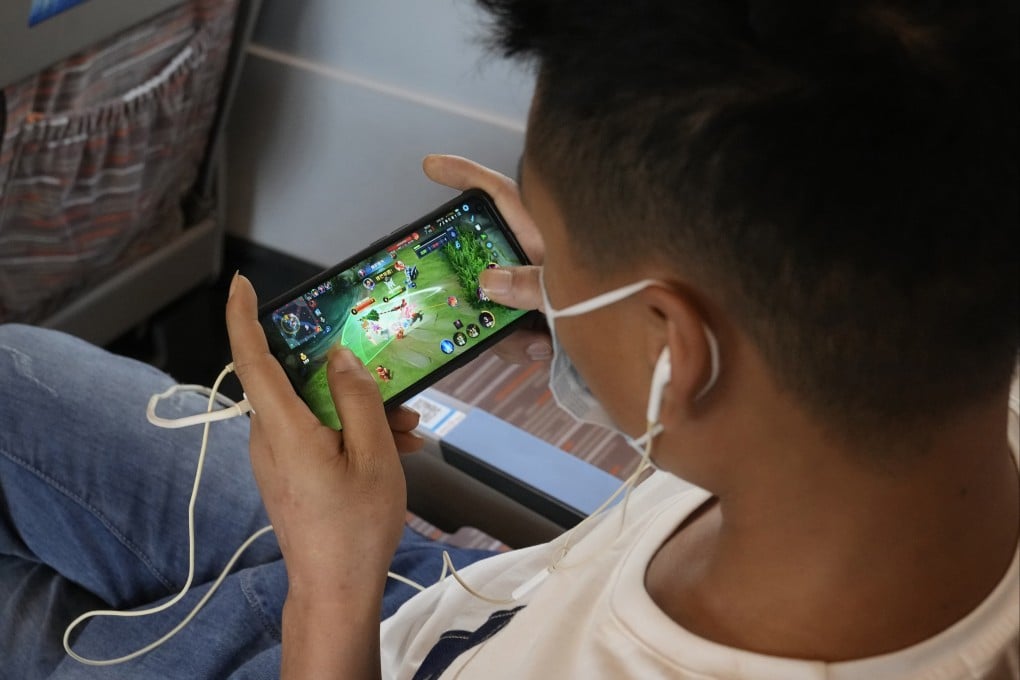Chinese mobile games from Tencent, miHoYo are still top earners, but a tougher market at home is taking a toll
- Honour of Kings, PUBG Mobile and Genshin Impact remained the most lucrative mobile games in the world in the first quarter, but spending has declined
- Chinese developers rely heavily on their home market for revenue, but a regulatory crackdown has pushed a game licensing freeze into its ninth month

Tencent Holdings, the world’s largest video gaming company, continued its reign at the top of Sensor Tower’s list of top mobile games by revenue based on income from Apple’s iOS App Store and Google Play. Its Honour of Kings and PUBG Mobile titles raked in US$735.4 million and US$643 million in the first quarter, respectively.
While remaining top of the pack, Tencent’s flagship games are seeing the impact of reduced spending on games. Revenue for Honour of Kings fell 1 per cent year on year for the quarter, while PUBG Mobile revenue was down 9 per cent. Player spending across all mobile games was down 7.1 per cent to US$21 billion, despite a 2.1 per cent increase in downloads to 14.4 billion.
Amid this tougher landscape, the three games have extended their wins over rivals from 2021, when they were also the top three earners in gross revenue. From January 1 to December 14 last year, Honour of Kings and PUBG Mobile each earned US$2.8 billion, and Genshin Impact grossed US$1.8 billion.